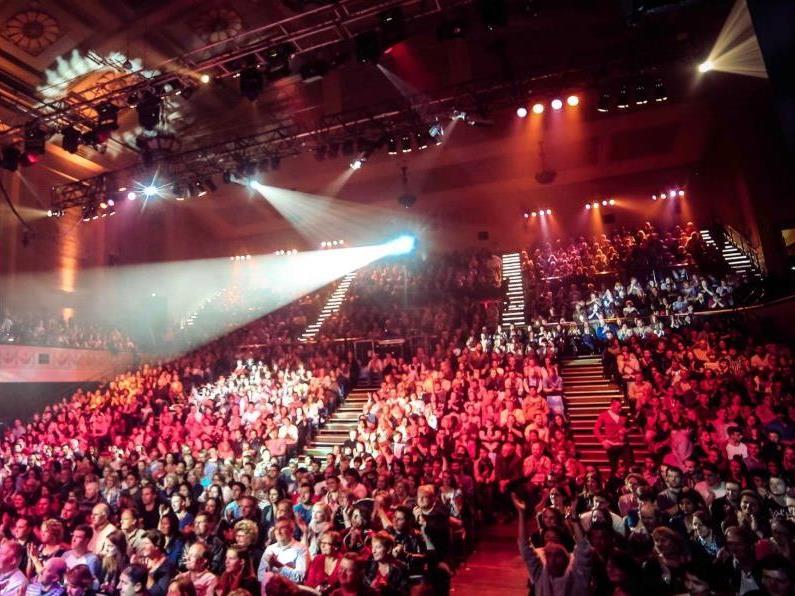A good producer can help you tour a show, placing your work in front of new and larger audiences. Image by Karon Photography via www.milke.com.au.
The word producer can mean different things to different people. As an independent producer with over 20 years’ experience, the one question I am constantly asked is ‘What does a producer do?’ The role of producing is broad and involves tasks such as supporting the artist, marketing, venue negotiations, social media, taking the financial risk, pitching – the list goes on. In a nutshell we do whatever it takes to get the show up and then look for future opportunities for the artists we represent.
Independent producers work just as hard as independent artists; however, I feel there is a growing disconnect between independent artists and independent producers. Sometimes I believe people think that independent producers make more money than independent artists. I wonder if that’s because of the word ‘producer’?
Producers have traditionally been seen and depicted as pushy, greedy and out of touch – a description at odds with the independent producers I know. I think there is a misconception that producers put their interests first, but this is not the case. If anything we put the artist’s interests first. My management and care of a project is always artists first. I’m not saying artists are rolling in money either, but for whatever reason the assumption is being made that independent producers are. I think this needs a broader discussion.
Be under no illusion that just because we are producers we earn big bucks. Like independent artists, we need the fees and funding to pay for the role we provide. That role is vital and independent artists need us to bring our skill set to the show.
I am fully aware how much work there is to do when you produce a show. When artists self produce their own show, the workload is demanding and often overwhelming. By engaging a good independent producer you are sharing the load and delegating it to a skilled person who has the networks required to make stuff happen.
I feel the word ‘producer’ can conjure up images of someone holding all the money, wheeling and dealing and organising cash flow. While all of these things can be true, what doesn’t get talked about is that the majority of independent producers I know – myself included – make these budgets work on a shoestring to ensure the shows gets off the ground.
What that means is prioritising financial resources, ensuring artists and the creative teams are paid equity rates, negotiating venue deals and tours and trying to make the budget go as far as it can. Somewhere in there we have to find a fee for our producing services. This can be challenging and at times difficult to get over the line.
The independent sector needs independent producers. We also need more people willing to step into the producer’s role. To do this, we need a greater understanding of how producers work, what they bring to the table, and the opportunities they give to artists looking to take the next step. Working with a great independent producer can be the difference between doing a one-off season and touring and developing the show. This in turn means more work for the artist, which means the artist and producer can be more sustainable.
Independent producers are a vital part of the theatrical ecosystem and good producers will create not only more work for the artist but also for themselves. We fund the artists when there are no funds available. We make the show happen by either sourcing funding, taking the risk ourselves, or both.
Most independent artists are working with no core funding or no funding at all. Independent producers provide what I call the microcosm of arts funding. We make things happen. We pitch, plan, negotiate and seek opportunities for the show but often this work isn’t paid up front, so we need to be financially constructive. We take the financial responsibility to pay performers properly and by doing so, I think it seems like we have more money. This is not the case and often we get paid less than the artist.
For the record, I have supported myself as an independent producer full time since setting up my own producing business nine years ago. I love what I do but to do this means many fingers in many pies while being selective and creative in what I work on and what I pursue.





